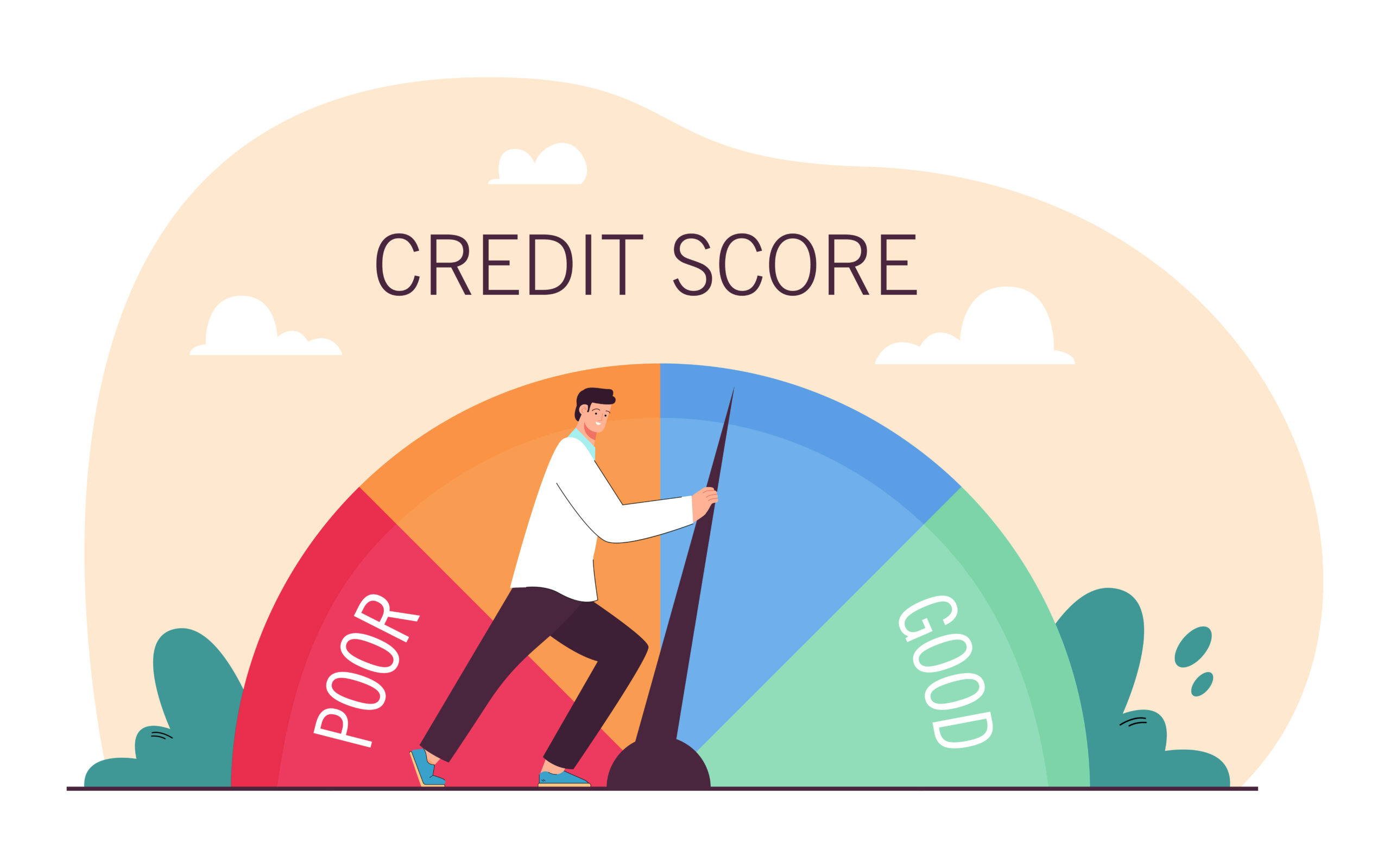A good CIBIL score is essential for anyone looking to secure loans or credit in India, as it serves as a critical measure of creditworthiness. Lenders rely on this score to assess the likelihood that an applicant will repay borrowed amounts. Unfortunately, many individuals remain unaware of how their scores are calculated or the specific steps they can take to improve them. This lack of understanding can hinder their ability to access credit on favorable terms, affecting their financial goals.
This blog aims to provide a comprehensive guide on CIBIL scores, including how they function and the key factors influencing them. By outlining actionable strategies for enhancing your score, we hope to empower you with the knowledge necessary to increase your chances of obtaining credit. Understanding your CIBIL score is the first step toward achieving financial stability and accessing better lending opportunities.
Introduction
In today’s financial landscape, maintaining a healthy credit score is more important than ever. For individuals and businesses alike, a good credit score can mean the difference between securing a loan or facing rejection. In India, the Credit Information Bureau (India) Limited, commonly known as CIBIL, plays a pivotal role in this arena. A high CIBIL score can open doors to various financial opportunities, including lower interest rates and better loan terms.
However, many people are often confused about what constitutes a good score and how they can improve it. Understanding the intricacies of your CIBIL score is vital, as it not only reflects your credit history but also influences lenders’ perceptions of your financial reliability. In this blog, we will delve into what CIBIL is, how it operates, and most importantly, we will provide you with actionable tips to improve your CIBIL score. By the end of this guide, you will be well-equipped to take charge of your credit health.
About CIBIL
CIBIL is one of India’s leading credit bureaus, established in 2000. It collects and maintains records of individuals’ and businesses’ credit behavior, helping lenders assess the creditworthiness of applicants. CIBIL provides credit reports and scores that reflect your credit history, repayment patterns, and overall financial behavior.
How CIBIL Functions
Data Collection: CIBIL gathers data from various financial institutions, including banks and non-banking financial companies (NBFCs). This information encompasses your loan repayment history, credit card usage, and other relevant financial transactions.
Credit Report Generation: Based on the collected data, CIBIL generates credit reports. These reports include details such as your personal information, credit accounts, payment history, outstanding debts, and inquiries made by lenders.
Score Calculation: The CIBIL score is a three-digit number ranging from 300 to 900. It is derived from the information in your credit report, with scores above 750 generally considered favorable for obtaining credit. The score reflects your credit behavior over time, including your ability to repay debts on time.
Sharing with Lenders: Lenders access your CIBIL score and report to evaluate your creditworthiness when you apply for a loan or credit card. A high score indicates that you are likely to repay the borrowed amount, making you a more attractive candidate for credit.
How to Improve Your CIBIL Score
Improving your CIBIL score requires a strategic approach, focusing on various aspects of your financial behavior. Here are several effective ways to enhance your CIBIL score:
1. Understand Your Current Score and Report
Before taking steps to improve your score, it’s essential to understand your current standing. Obtain your CIBIL report to review your score and check for any inaccuracies or discrepancies. You can access your CIBIL report for free once a year; after that, a nominal fee applies.
Check for Errors: Review your report for incorrect personal information, account details, or repayment histories. Dispute any inaccuracies with CIBIL for correction.
Understand the Factors: Familiarize yourself with the factors that contribute to your score, including payment history, credit utilization, length of credit history, and types of credit accounts.
2. Timely Payments
One of the most significant factors affecting your CIBIL score is your payment history. Consistently making timely payments on your loans and credit cards demonstrates your reliability as a borrower.
Set Up Reminders: Use calendar reminders or automatic payments to ensure you never miss a due date.
Prioritize High-Interest Debts: If you have multiple debts, prioritize paying off those with the highest interest rates to reduce your overall debt burden.
3. Manage Credit Utilization
Credit utilization refers to the ratio of your outstanding credit card balances to your total credit limit. A high utilization ratio can negatively impact your score.
Maintain Low Balances: Aim to use no more than 30% of your available credit limit. For example, if your credit limit is ₹1,00,000, try to keep your balance below ₹30,000.
Request Higher Limits: If you have a good repayment history, consider requesting a credit limit increase from your bank. This can help lower your utilization ratio if your spending remains the same.
4. Diversify Your Credit Portfolio
Having a mix of different types of credit accounts can positively influence your CIBIL score. Lenders prefer borrowers with experience in managing various types of credit.
Consider Different Credit Types: A healthy mix may include credit cards, personal loans, auto loans, and home loans. However, ensure that you can manage these debts responsibly.
Avoid Overextending: While diversification is beneficial, avoid taking on too many loans simultaneously, as this can raise red flags for lenders.
5. Avoid Frequent Credit Applications
Each time you apply for credit, lenders perform a hard inquiry on your credit report, which can temporarily lower your score.
Limit Applications: Be selective about the credit applications you submit. Only apply for loans or credit cards when necessary, and research your eligibility beforehand.
Use Pre-Qualification Tools: Some lenders offer pre-qualification options that allow you to check your eligibility without affecting your score.
6. Maintain Old Accounts
The length of your credit history accounts for a portion of your CIBIL score. Closing old credit accounts can negatively impact your score by shortening your credit history.
Keep Old Accounts Open: Even if you’re not using an old credit card, consider keeping it open. This can help maintain a longer credit history and contribute positively to your score.
Regular Usage: If you have inactive accounts, consider making small purchases on them periodically to keep them active and report to CIBIL.
7. Monitor Your Credit Regularly
Regularly monitoring your credit score and report can help you stay informed about your credit health and detect issues early on.
Use Credit Monitoring Services: Various services offer credit monitoring and alert you to changes in your credit report. This can help you address issues proactively.
Set Alerts: Some banks and financial institutions allow you to set alerts for your credit card usage and payments, helping you stay on track.
8. Seek Professional Help
If you’re struggling to improve your score or manage your debts, consider seeking assistance from a financial advisor or credit counseling service. These professionals can offer personalized advice tailored to your financial situation.
Credit Counseling: A credit counselor can help you develop a budget, negotiate with creditors, and create a plan to improve your credit score.
Debt Management Plans: If you’re overwhelmed with debt, a debt management plan can help you consolidate payments and reduce interest rates.
9. Avoid Settling Debts
Settling debts for less than the amount owed can have a long-lasting negative impact on your CIBIL score. While it may provide short-term relief, it can signal to lenders that you were unable to fulfill your financial obligations.
Communicate with Lenders: If you’re struggling to make payments, communicate with your lenders to explore options such as restructuring the loan or negotiating a more manageable payment plan.
10. Build a Positive Credit History
Building a positive credit history is essential for long-term score improvement. Consider these strategies:
Take Small Loans: If you lack a credit history, consider taking small loans or secured credit cards. Ensure timely payments to establish a positive repayment record.
Become an Authorized User: If a family member or friend has a good credit history, ask if you can become an authorized user on their credit card. This can help you benefit from their positive credit behavior.
Conclusion
Improving your CIBIL score is a manageable process that requires diligence and a proactive approach. By understanding your score, making timely payments, managing credit utilization, and diversifying your credit portfolio, you can enhance your creditworthiness over time.
Regular monitoring and seeking professional assistance can further aid your efforts. Ultimately, a good CIBIL score can open doors to favorable lending options, helping you achieve your financial goals. By taking charge of your credit health today, you pave the way for a more secure financial future.
Get in touch with us today at www.Settleloan.in and embark on your path to financial freedom



